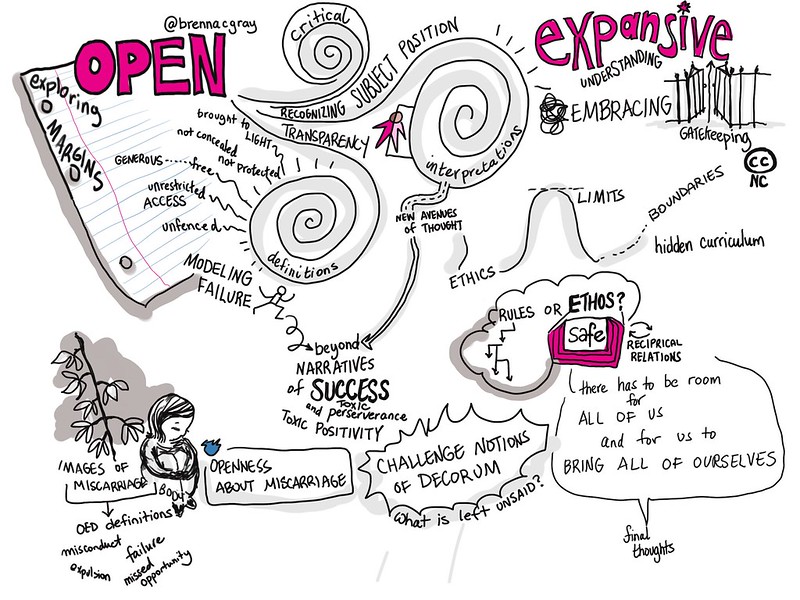Clearing out boxes of old books and reports recently, I was struck by how many ICT4D initiatives there have been over the last 20 years, many of which have simply repeated the mistakes of their predecessors. Most have failed to make real and significant improvements in the lives of the world’s poorest and most marginalised people.
Quick looks at Weigel and Waldburger’s (2004) seminal book, and the ICT4 all Exhibition catalogue for the 2005 WSIS Summit in Tunis, remind us that most of the problems we are addressing in 2021 are broadly similar to those that were being addressed 20 years ago:
- how to enable the most marginalised to benefit from digital tech;
- moving from rhetoric to action;
- how to deliver effective partnerships;
- the importance of local languages;
- financing challenges;
- or how to ensure access…
An invitation to give a lecture at the Aga Khan University in Pakistan as part of a Master’s course on Learning and Teaching with Technology later this week provided me with the opportunity to reflect at some length on this thorny issue, and to come up with some suggestions as to why we continue to reinvent the wheel, and what we need to change if we really want to work with the poorest and most marginalised in delivering effective ICT4D initiatives that will help to empower them.
It also reminded me that even when I first started teaching in universities in the mid-1970s I used multimedia technologies such as slides (diapositives), aerial photos, film clips, overhead transparencies – as well as books. There is very little fundamentally new in the use of ICTs in education; it’s just the detail of the tech that has changed.
As long ago as the early 1990s I thus enjoyed delivering lectures to students across London through the University Live-Net TV network, and in the middle of that decade enjoyed participated in the work of the Computers in Teaching Initiative in the UK. Hopefully we had learnt by then many of the challenges and success factors that previous colleagues involved in delivering education at a distance had shared with us.
Why are we failing so badly to learn the lessons of the past?
Reflecting on this simple question, I came up with six main suggestions as to why valuable lessons from previous ICT initiatives, especially in the education sector, do not seem to have been sufficiently learnt:
- Lack of background research
- Increased emphasis on innovation
- The problem with “self”
- Short-termism
- Commercialisation and marketisation of education
- Insufficient intergenerational dialogue
I am sure there are many more, and I look forward to exploring these ideas further with interested colleagues. Each needs to be fleshed out in much more detail, but the following brief notes cover some of the aspects that may be of particular importance.
1. Lack of background research
- The Google (or DuckDuckGo) first page syndrome
- only following up links on the first page (or two)
- only reading the most recently published material
- Too many people failing to explore and learn from what has been done before
- Too much of a hurry?
- Believing only the latest is best?
- Nothing old is worthwhile?
- A strong sense of self-belief, and that there is no need to read (see further below)
- Past research and practice are inaccessible or unavailable
- but this isn’t really true – many of us have written at length about our previous experiences
2. Problems with innovation
- It is well known that most innovations fail
- although estimates of the precise percentage vary (some suggest 95% of new products fail)
- Overcoming failure often seen as being essential for subsequent success
- But surely it’s best not to make the well known mistakes that others have made before?
- So why is innovation (scientific and business) usually seen as being such a good thing?
- Many governments (and donors) are increasingly focusing on funding innovation to drive economic growth – should they use taxpayers’ money to fund failure?
- Might it not be wiser for donors and governments to spread what we know works, say for 60% of the population, to everyone?
- Reducing inequalities rather than maximising growth
3. The problem with “self”
- Self(ish) individualism
- The need to be first
- Overconfidence in own excellence
- Having great qualifications so must know the truth
- But perhaps the qualifications are not so great after all!
- Unwilling to be self-critical
- Brought up within the power and culture of non-self-critical scientism
- A self-congratulatory culture (illustrated by awards processes)
- Competitive rather than communal culture
- Enjoys making mistakes in the belief that they will learn
- Very expensive for others, especially in the international development context
4. Short-termism
- Short-term job delivery and then move on
- It’s always good to be seen to be bringing in new ideas
- You don’t have to pick up the bits because you’ve left by then
- The world of 140 characters
- Project cycles often very short
- It’s important to show success even when you’ve done nothing
- Those who shout loudest tend to get heard
- Even when there is little substance behind the claims
- Short term is much easier than doing something long term
- Perhaps “Agile” also has something to do with this?
5. The commercialisation and marketisation of education
- EdTech is about the technology not the education
- Everything is about expanding the market
- Sales driven, with short term targets
- Pitching to donors
- A different skill set to delivery
- Donors have large budgets and also have to show quick gains
- Unrealistic target setting
- Pilots where it is easiest
- Instead they should be done where it is most difficult
- We are measuring different success factors
- Connecting a million children
- But are they the most marginalised, and do they learn anything?
6. Insufficient intergenerational dialogue
- “Youth have all the answers”
- Older people have wrecked the world and so should now listen to young people who have all the good ideas
- Much political posturing
- The old have no idea how to use digital tech
- Really?
- Little priority given to mentoring
- Especially 360o
- Even fewer initiatives specifically designed to be inter-generational
- Youth political institutions often replicate existing flawed global institutions
- Especially within the UN system
Moving beyond a sketch
I have frequently been frustrated when I hear exciting new ideas being advocated about ways through which the latest generation of technologies (be it AI, AR, blockchain, or the Metaverse) can transform global education for the better. More often than not, the technology is the easy bit. It’s everything else that’s difficult.
As a contribution at least to what governments need to get right, we collectively crafted a report on Education for the most marginalised post-COVID-19 which I hope goes some way to sharing global good practices at least in this area. Perhaps we should do similar reports for the private sector and for civil society, although those in these sectors could still learn much from our report for governments.
The above six sets of suggestions are just a beginning, but I wanted to share them here to provoke discussion. Everyone will have their own list of suggestions. What’s missing from the above? I’d be interested to hear from anyone who might like to explore this theme further! I need to learn more! At the very least, I hope that future colleagues will address these suggestions head on and thereby no longer repeat the same mistakes that so many of us have made in the past.



